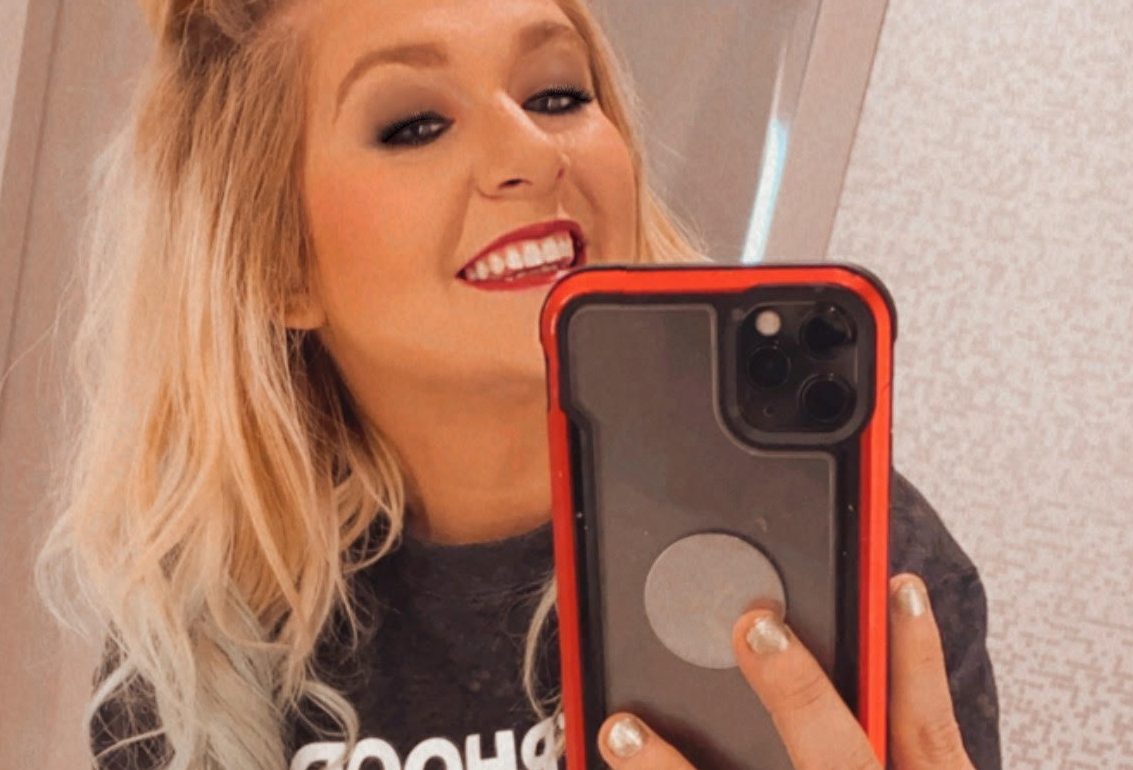
Navigating the transient nature of friendships and relationships has been a significant aspect of my personal growth. In the past, I clung to the belief that connections, particularly those forged with family and friends, were destined to endure a lifetime. However, life has a way of teaching us that some bonds are meant to be temporary, and that realization was initially challenging for me to accept.
As I reflect on this journey, I’ve come to understand the importance of embracing the impermanence of certain relationships. People evolve, circumstances change, and sometimes, the best course of action is to gracefully let go. This newfound perspective has been instrumental in fostering my emotional resilience and allowing me to appreciate the valuable lessons each connection, no matter how brief, brings into my life.
The first friendship heartbreak came when a close friend of mine, BFF’s for life type of situation, ended abruptly. We were inseparable pre-teens, until one day when I called and she said that she had “forgotten my phone number.”
Talk about a stinger.
Fast forward several years, approximately five to be precise, I entered into a relationship with my then-boyfriend, now husband. His sweetness and the immense respect he displayed became the most attractive qualities I had ever encountered.
My boyfriend’s race, being black, was never a focal point for me; I was never inclined to judge people based on external factors. Yet, residing in the South, I sensed that mixed relationships faced challenges in terms of societal acceptance. Despite this, I was deeply in love—head over heels, butterflies in the stomach—the whole shebang.
At the tender age of 17, discovering the love of my life made me eager to introduce him to everyone in the family. However, plans took an unexpected turn. When I asked my grandmother if I could bring my boyfriend to Christmas dinner, her response was a resounding “No, he isn’t allowed in my home.” I felt a profound sense of shame as I had to convey this unwelcoming message to my boyfriend, who had been eager to meet the “loving family” I often boasted about.
Several years later, she eventually allowed him into her home. However, overcoming that type of hate and judgment is a challenging feat. Forgiving is one thing, but forgetting proves to be nearly impossible. At that point, my husband and I had been together for almost six months, with us cohabiting for about three to four of those months.
He affectionately referred to me as his wife just one month into our relationship. While I understand that some people date for a decade or remain engaged for several years, for us, it felt like we had already spent a lifetime together. From that very first conversation, we just knew—this was forever.
Five months into our relationship, we got engaged and started trying for a baby around the same time. While I might have felt ashamed to admit this in the past due to societal pressures, it was a decision I wouldn’t have had any other way. We didn’t seek approval from others because their opinions didn’t matter. We knew the depth of our love, we knew what we wanted, and we lived fully in that truth.
Opting for a short engagement wasn’t about societal expectations or pregnancy assumptions. It was about our eagerness to officially become husband and wife. When I reached out to invite family to our wedding, the responses weren’t as welcoming as I had hoped.
“Didn’t you just meet?” and “I’m sorry we can’t make it” was the typical response.
One family member even questioned if I, her niece, was marrying for money. Talk about the people who you thought knew you best not knowing you at all. Those were the moments in my life when I found out not all family is meant to be around forever. Not all families are loyal, loving, and kind.
Family can be toxic.
Experiencing hate and hurt from family strained our relationship. My depression, coupled with pregnancy, became overwhelming, leading to a brief separation from my husband. The pressure to be loved and accepted by everyone was too much for someone who was inherently seeking approval.
Despite feeling unwelcome, I continued to spend time with those who judged our relationship, a naive decision that exacerbated the toxic environment. In hindsight, I should never have felt the need to choose or expose myself to such negativity.
Seeking acceptance led to depression and inflicted pain on the one person who loved me unconditionally—my husband. In an attempt to maintain connections, I made a consistent effort to reach out to family and friends daily. Whether through texts or calls, I wanted everyone I cared about to feel loved. This daily check-in persisted for years.
Until one day I thought to myself ….. “hmmm, I wonder if I stopped checking in if anyone would check in on me?”
Ceasing my daily check-ins turned into an unintentional test. The result? Silence. After consistently reaching out to at least 10 people every day, the lack of response left me feeling unimportant. Perhaps my care was perceived as a bother. Days blended into weeks, weeks into months, and months into years, each passing without a word from those I once prioritized.











Leave a Comment